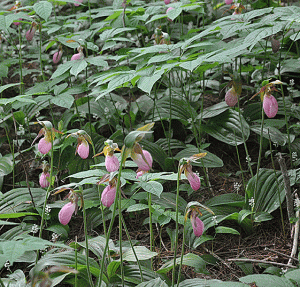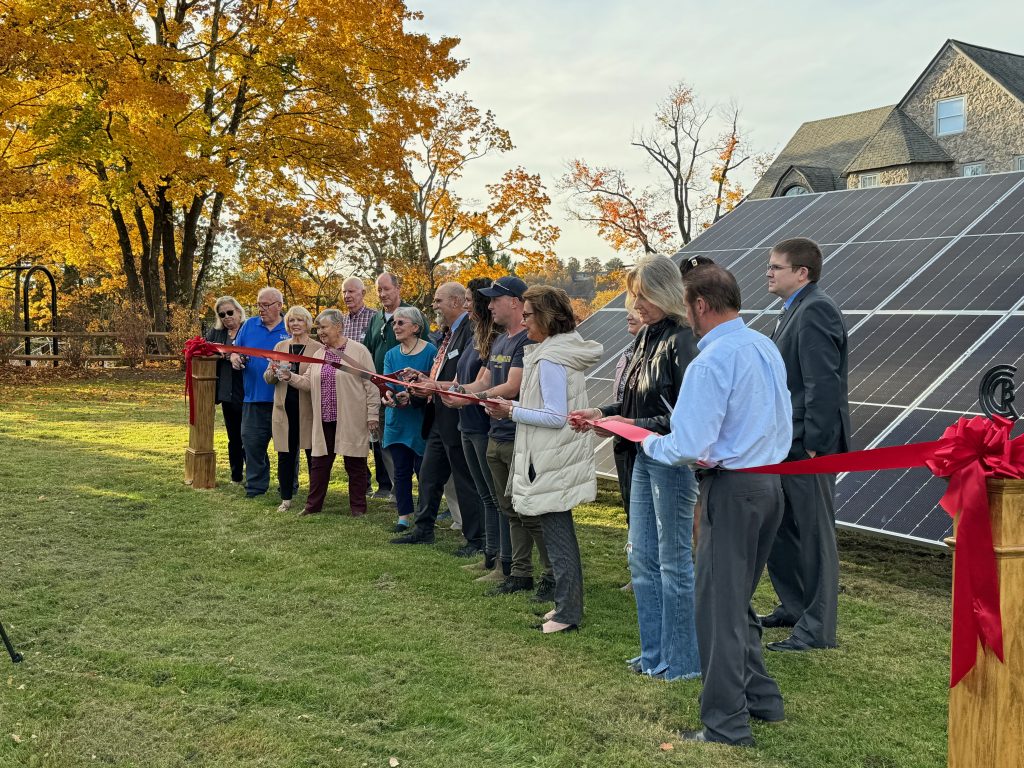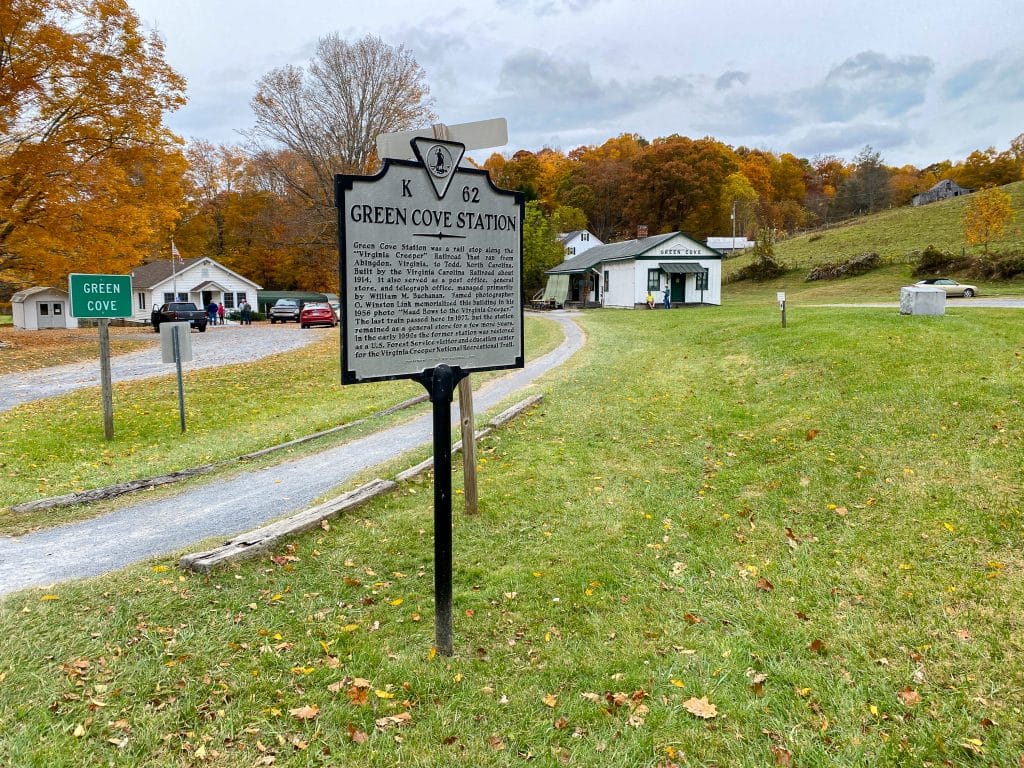By Chelsey Fisher
Rita McKinney has always had a passion for wildflowers, particularly rare North Carolina orchids.
Starting in the 1980s, her personal work with a greenhouse led her to contact other horticulturalists, and eventually to volunteer in the horticulture department at Mayland Community College’s Spruce Pine campus.
When the former lab instructor left in 2006, McKinney was asked to take over and chose to focus the lab’s work on educating students and the community about native wild orchids, including the lady slipper.
Like all wild orchids, the pink and white lady slipper has a symbiotic relationship with a fungus that lives in the soil, and without the entire fungus, the orchid will die. When picked in the wild, if a small section of the fungus is broken the whole flower will die, McKinney says.
McKinney and her students are working to grow lady slippers and other orchids through propagation, or mass multiplication, without the need for the fungus. She says through mass multiplication of seeds, no species should become extinct.
While they do sell the flowers commercially, they also donate flowers to organizations that plant the wildflowers back into the wild. Spreading knowledge of these wildflowers is their primary goal.
“We do not try to compete with local businesses,” McKinney says. “Our main objective is to teach how to have a successful lab operation in your own business.”
Every plant sold comes with instructions on how to grow these plants in a home garden.
Horticulture lab assistant Amber Ellis says many people have good intentions, but don’t realize how picking these rare wildflowers could kill them. An unintentional mistake many gardeners make is picking wildflowers from the wild and attempting to replant them, McKinney says.
“It’s something a lot of people take for granted,” Ellis says. “People don’t realize how rare they are.”
For more information or to find out how to participate, call the Mayland Community College Horticulture Department at 828-766-1342.
Related Articles
Latest News
More Stories

Leave a comment
Your email address will not be published. Required fields are marked *





